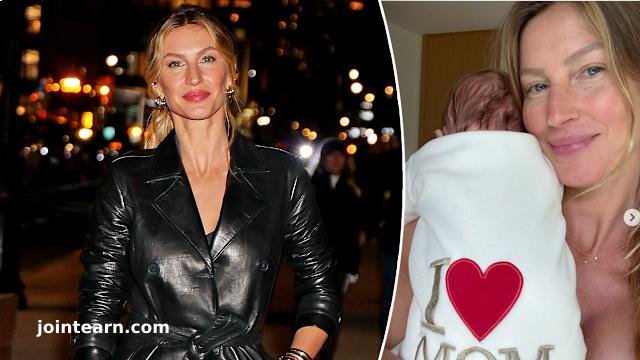The Economic Community of West African States (ECOWAS) Court of Justice has thrown out a legal case filed by Ghanaian dancehall artiste Charles Nii Armah Mensah, popularly known as Shatta Wale, against the government of Ghana. The musician had dragged the state before the regional court alleging discrimination, abuse of his human rights, and unfair treatment by law enforcement authorities. However, the court ruled on Wednesday that his claims lacked sufficient legal merit and evidence, leading to the dismissal of the case.
Shatta Wale, who has been a prominent figure in Ghana’s entertainment industry for over a decade, had alleged in his suit that he was being unfairly targeted by Ghanaian authorities due to his celebrity status and controversial persona. The case stemmed from a 2021 incident that led to his arrest and prosecution over the publication of false news, which the artiste claimed was handled with bias and excessive force.
In the suit filed at the ECOWAS Court headquartered in Abuja, Nigeria, Shatta Wale claimed that his rights under the African Charter on Human and Peoples’ Rights, as well as the ECOWAS Treaty, were violated. He insisted that he was treated unfairly by Ghanaian law enforcement officials during his arrest and subsequent detention in connection with the false news he circulated about his own alleged shooting.
The case, which gained significant media attention across West Africa, was being closely monitored by legal analysts, fans, and human rights advocates who were eager to see how the regional court would interpret the scope of celebrity rights and the state’s duty to uphold freedom of expression within the ECOWAS sub-region.
According to the documents presented before the court, Shatta Wale’s legal team argued that the Ghanaian state failed to protect him from what they described as “state-induced public humiliation” and “selective application of the law.” They also alleged that his detention conditions were inhumane and amounted to a breach of his dignity.
However, in its judgment, the ECOWAS Court held that the applicant failed to establish sufficient grounds for the allegations of discrimination or violations of fundamental human rights. The three-member panel of judges stated that while every citizen, regardless of status, deserves equal treatment under the law, there was no credible evidence to suggest that the Ghanaian authorities had acted out of bias or had violated the entertainer’s rights in any unjust manner.
Justice Dupe Atoki, who delivered the court’s lead judgment, emphasized that while the court acknowledges the importance of safeguarding the human rights of all citizens in the West African sub-region, it cannot entertain cases built on speculative claims or lacking factual and legal grounding. “The applicant failed to prove that he was treated differently from others in similar circumstances. The application, therefore, lacks merit and is hereby dismissed,” she said.
The court also noted that the Ghanaian government acted within the law in arresting and prosecuting the singer, and that the state’s response to the false publication incident was not extraordinary or discriminatory, but consistent with national law enforcement procedures.
Legal representatives for the government of Ghana welcomed the ruling, stating that it reaffirmed the state’s commitment to rule of law and equal application of justice. “This is a clear victory for due process and the sovereignty of domestic legal systems. The state did not act out of place in handling Mr. Mensah’s case, and we are satisfied that the court upheld this,” said one of the government lawyers who spoke to reporters after the ruling.
Shatta Wale, who was not physically present at the court for the verdict, issued a brief statement through his legal counsel expressing disappointment with the judgment. “We respect the decision of the ECOWAS Court, but we are deeply disappointed. We brought this case not just for Shatta Wale, but to highlight the need for better treatment of public figures and ordinary citizens alike,” his legal team stated.
The artiste has not ruled out seeking other avenues to press his concerns, though it remains unclear whether he will pursue further legal action at the national or international level.
The dismissal of the case has triggered mixed reactions on social media, with fans and critics debating the legitimacy of the musician’s claims and what the ruling means for human rights enforcement within ECOWAS countries. Some commentators believe the outcome is a step towards discouraging frivolous use of international legal systems, while others argue that it raises questions about access to justice for influential individuals who may be targeted for their fame or political stances.
Regardless of public opinion, the court’s decision sets a precedent regarding how regional judicial bodies assess claims of discrimination and rights violations brought against member states. Legal experts say the ruling reinforces the need for solid evidence and clear legal arguments when bringing matters before supranational courts.
As of now, Shatta Wale remains focused on his music career, with several performances and projects lined up for the rest of the year. Though this legal chapter appears closed, the broader issues of celebrity treatment, public accountability, and freedom of expression continue to stir debate both in Ghana and across the continent.












